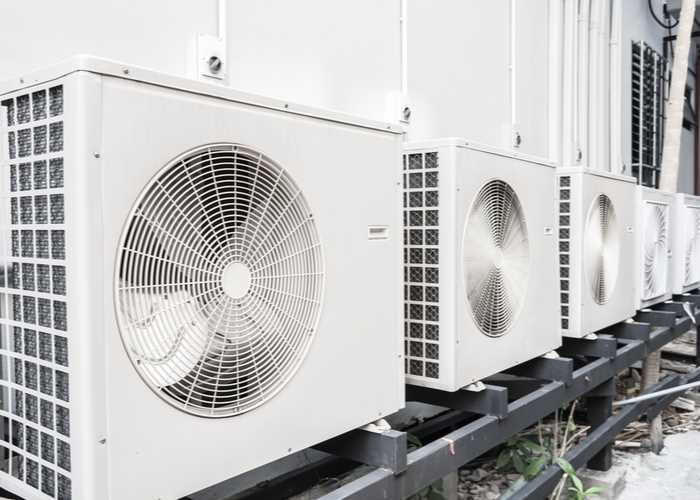All Categories
Featured
Table of Contents
Which Air Conditioner Is Best For Commercial Use? in Beaconsfield WA
First off, you need to make certain your installers are F-Gas certified or registered with REFCOM since otherwise, they won't be lawfully certified to install your system. It's a good idea to get a feel for their previous work, so have a look at any case research studies or client recommendations to understand their work quality and ethic.
It's also a good idea to ask whether or not they provide an upkeep contract and if so, just how much it costs. With any task, you want to make sure you're getting the best deal possible here's our final list to make sure you've taken everything into consideration before going on with your a/c installation.
There's plenty of information on the web and many large manufacturers have chat systems if you require to ask concerns A professional air conditioning engineer can also encourage you about the system that will finest suit your needs for your budget plan and the style of your home Ensure the installer provides you a written quote that makes it clear what is and isn't included You should likewise ask if the quote includes getting rid of and getting rid of any rubbish Finally, ask your installer about assurances and service warranties on parts and/or labour Usage Household, Prices quote to discover regional cooling installers and potentially conserve money on your cooling task.
Inside the unit, there is a refrigerant that cools the coils, so when warm air passes over them, it becomes cool air. The air then passes over a fan that presses the cold air back through the grille and into the space. The system outside your home takes in the heat from the room.
Ac Feels Great, But It's Terrible For The Planet in Oldsbury WA
You don't need planning permission, however there are specific policies you must follow: The outside unit must not be any larger than 0. 6 m3 You can't position it within one metre of a flat roof It needs to be over a metre far from any residential or commercial property limits You can't fit it on an angled roof You will require to call your planning department if you reside in a conservation area or you are in a noted building as outside systems can't show up.
If you wish to prevent problems from a neighbour try and position the unit in a location that won't be an annoyance. If you only utilize your a/c for cooling, then as soon as a year ought to suffice. If you're using it all year round, for heating & cooling, then every six months is a suggestion by numerous manufacturers.

Yes, an air conditioning system will decrease the humidity. You can likewise buy an air conditioning system with a dehumidifier, which you can then use separately from the cooling or heating function.

The filters in your a/c system require cleansing every couple of months, or regularly if you have dirty structure work done around your home. A lot of units have filters that slide or click out of location. You can run the hoover over them using the dusting head or you can clean them in soapy hot water.
Csd Air Conditioning Company - Hvac Contractors in Samson Western Australia
The greatest downside is that it's not climate-friendly although technology is enhancing. Other disadvantages are health-related. If you do not clean your filters there is a risk of allergens blowing back into the space which can trigger asthma. Some people suffer from cold-like symptoms and sore throats. The air likewise dries your skin and contact lens wearers in some cases have discomfort from dry eyes.
R12 or Freon gas is banned in the UK. The majority of well-known producers are now using R32 refrigerants in brand-new designs, however systems with F-Gases are still available as they are not prohibited. If you have a system with F-Gas you will be able to purchase replacement parts for its life time.

The most typical fault is an obstructed drainage tube. If you see water coming out of the system on your wall or floor this is most likely the reason. If you're great at do it yourself you can turn off the system, find the drain line, disconnect the hose pipe and after that clean the drain line with bleach and water or distilled vinegar.
If you want a system set up in your living room multiply the length by the width. Let's say your living room is 14 feet large and 16 feet long, which will provide you a 224 square feet sized lounge. When you increase this worth by 25, you now know the minimum BTU you need for your living space is 5,600 BTUs.
Latest Posts
Split System Air Conditioners in Crawley WA
10 Reasons To Choose A Daikin Air Conditioner in Guildford WA
Buyers Guide in Oakford Perth